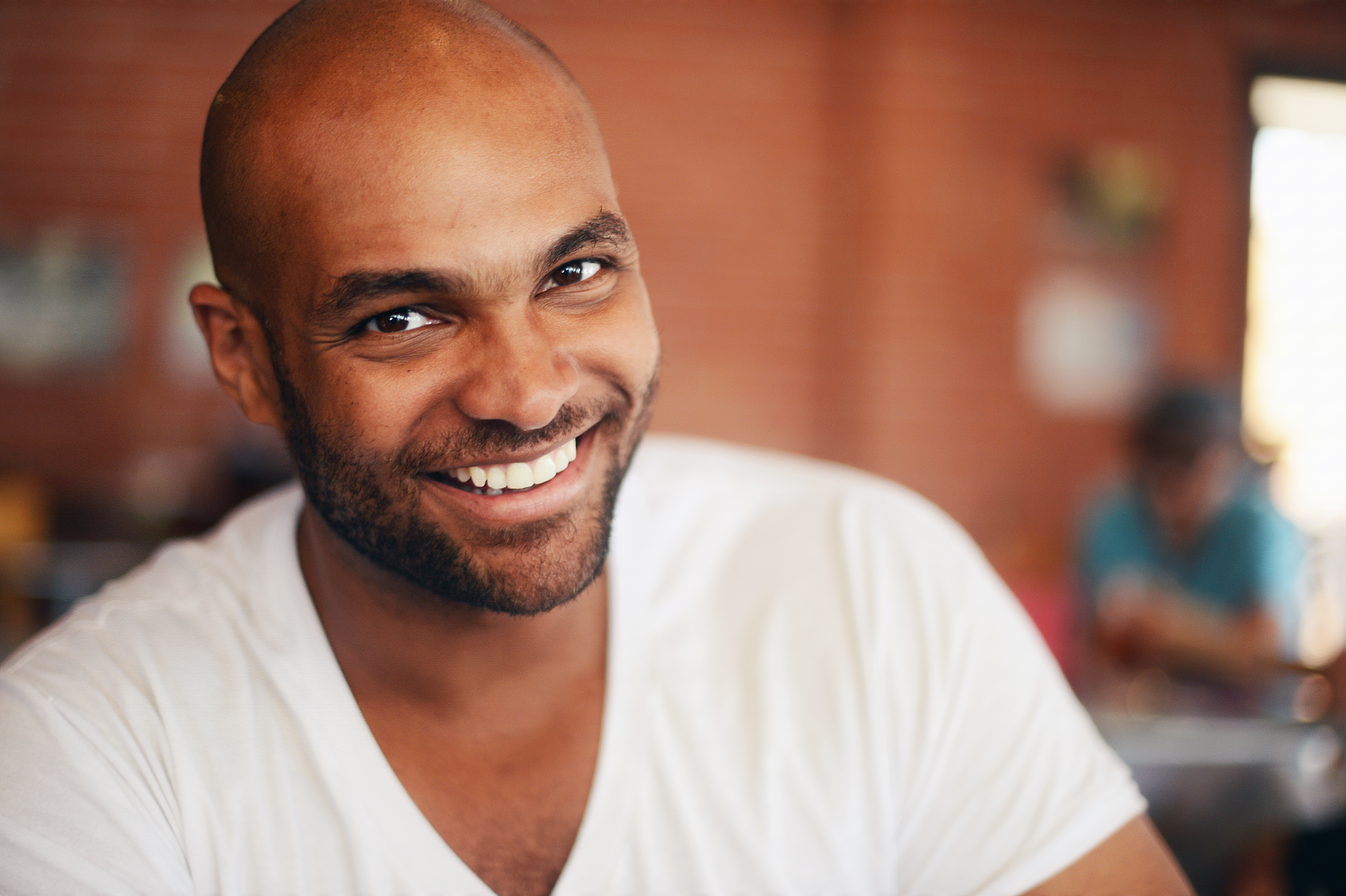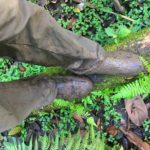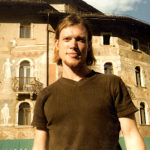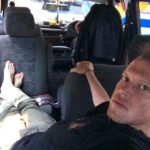Ernest White II is a writer, educator, and native Floridian. The former assistant editor of Time Out São Paulo, he has been published in Time Out London, the Orlando Sentinel, Ebony, Travel by Handstand, Travel+Escape, TravelChannel.com, American Airlines’ Black Atlas, TripAdvisor, EveryTrail, Viator, Jetsetter, World Travel Guide, and Matador Network. He has also been featured on The Root, The Huffington Post, and the Montreal Gazette Online, appeared as a host on the Travel Channel’s Jamaica Bared and Destination Showdown, and in the documentary film Gringo Trails, about the dangers of mass tourism. Additionally, he maintains a semi-regular blog on international travel from an African-American perspective called Fly Brother. His obsessions include electronic music, Thai iced tea, aviation, and Rita Hayworth.
How did you get started traveling?
When I was a kid, the preacher’s wife at my church gave me a book called Free Stuff For Kids, which listed addresses of all the foreign tourism bureaus that sent free brochures and travel posters. That whet my appetite, but it was going on a foreign exchange trip to Sweden the summer before my senior year of high school that started me off, and that was two decades and 40-odd countries ago.
How did you get started writing?
I started writing as an undergraduate student in Florida in the late 1990s. I still have an unfinished novel from that time period. Then I went to grad school for creative writing, and I haven’t stopped since.
What do you consider your first “break” as a writer?
I think my first “break” as a writer happened at the same time I started working as editorial assistant, then assistant editor for Time Out São Paulo. Working for an international magazine franchise gave me access to a much larger platform for my writing, and connected me with editors and other writers. I think this was the single biggest leg-up for my writing career.
As a traveler and fact/story gatherer, what is your biggest challenge on the road?
My biggest challenge on the road is actually sitting down and writing. I’m so busy running the streets, meeting people, and socializing that the actual work hardly ever gets done. I’ve got an artistic temperament, but I also seem to have a big problem with sitting.
What is your biggest challenge in the research and writing process?
For me, the biggest challenge in research and writing is taking adequate notes. I can’t always get information online after the fact, so I have to make sure I jot down names, phrases, keywords, quick descriptions, song titles, etc. It can be tedious, but I’d rather have the information I need than to need it and not have it.
What is your biggest challenge from a business standpoint?
Finding editors who like your work and can fit it into a tight editorial calendar can be challenging. Finding publications that pay a sustainable fee, reliably, can be really challenging. Finding editors who answer your emails can be the biggest challenge of all.
Have you ever done other work to make ends meet?
I’ve taught English and social sciences on every education level you can think of: elementary, middle, and high school, as well as at companies, private homes, and universities. I often write blog posts and newsletter articles for private companies that pay decently and on time. I’ve also taken a part-time job at an airline strictly for the flight benefits.
What travel authors or books might you recommend and/or have influenced you?
I would say I’ve been influenced more by writers of fiction or creative non-fiction than by authors in the travel milieu. Junot Diaz’s description of the Dominican Republic in his coming-of-age novel, The Brief Wondrous Life of Oscar Wao, is a masterpiece, and Peter Robb’s gripping account of high-level corruption, A Death in Brazil
, reads like the script of a film noir set in paradise.
What advice and/or warnings would you give to someone who is considering going into travel writing?
For most of us, travel writing, like most freelancing work, requires very good personal administration skills. The money can be good, but it might not be steady. If you’re the type of person who thrives on travel, you have to balance experiencing the world with hours spent in front of the computer. And a complete belief in your abilities as a travel writer is essential, especially when you go weeks without hearing yay or nay about a query you sent to an editor. It’s easier said than done, but you can’t let the silence, or the rejection, de-motivate you, and you mustn’t let self-doubt undermine you.
What is the biggest reward of life as a travel writer?
I think the ability to tell a multitude of stories from a multitude of perspectives — my own and those of others that differ from the mainstream — gives me the sense that I’m doing something right.





